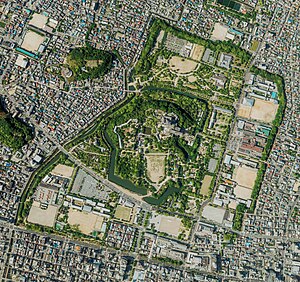Jinja City authorities have disclosed a loss of Shs5 billion due to the absence of a Land Board for the past three years. Mayor Peter Kasolo revealed that the funds were expected revenue from individuals seeking land titles, and the lack of a Land Board has adversely affected the city’s development.
As per the Uganda Land Act (1998), Land Boards play a vital role in holding and allocating land in the city. Mayor Kasolo lamented that the failure to institute a Land Board has hindered the city’s progress and potential investments.
The mayor attributed the delay in appointing a Land Board committee to political divisions within the Council Hall. Despite his efforts to appoint members, approval has been obstructed by politicians with individual interests. Mayor Kasolo is determined to find a solution in the coming months.
Mayor Ayub Wabika of Jinja North City Division expressed concerns about disrupted service delivery and a surge in land disputes due to the absence of a Land Board. The division’s annual budget of Shs400 million from land fees has not been realized, leading to an accumulation of 500 land disputes awaiting Land Board Committee hearings.
Charles Nampendho, Jinja City’s physical planner, highlighted the financial losses incurred. The Land Application Fee, at Shs20,000, and one percent of the market value of registered land have not been collected for the past three years, resulting in substantial revenue loss for the council.
In February 2022, the deputy Inspector General of Government (IGG) halted the approval of proposed Land Board members, citing the need for a proper procedure. Allegations arose that Mayor Kasolo did not follow the correct procedure in presenting nominees to the Land Board, leading to a suspension of the appointment process.
In a December 2022 letter, the Ministry of Local Government’s Permanent Secretary, Ben Kumumanya, prevented the Council from discussing the Land Board appointment matter during their meeting, emphasizing adherence to the Local Government Act.




















